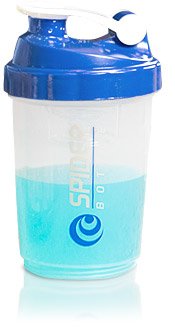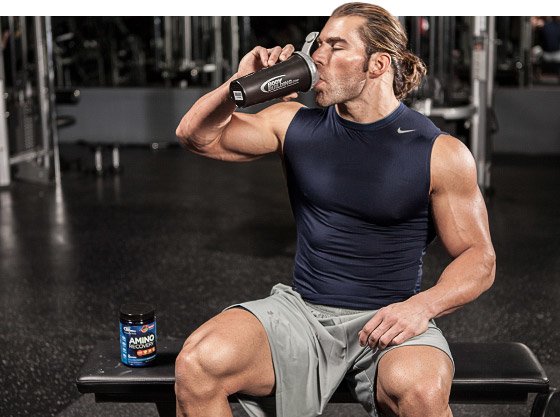Whey Concentrate vs. Isolate: What’s The Difference? by Charlie Seltzer, MD
One of the two major components of milk, whey is the liquid portion of the milk that separates from the curds (the other major component), during the process of making cheese. Whey contains proteins, fats, carbohydrates, vitamins, and minerals.
Whey protein exists in three main forms: isolate, concentrate, and hydrolysate (where whey isolate undergoes additional processing.). This article will focus on the differences between whey protein concentrate and isolate. Both forms contain whey protein, but whey isolate, which is made from whey concentrate, undergoes further processing which yields an end product with more protein per unit than whey concentrate. This processing results in a product that differs from whey concentrate in several important ways.
How is Whey Protein Made?
Pushing the liquid portion of milk through a filter creates whey protein. The material left behind is dried and forms whey protein concentrate. Concentrate contains varying amounts of fat and carbohydrates in the form of lactose. The percentage of protein varies from about 30% to about 80%, and includes a variety of protein subfractions, many of which have significant biologic activity and health benefits. Evidence suggests that these peptides must remain in their native, undenatured form (the 3-d form that exists in nature) in order to exert these properties.
Why is this Important in Whey Concentrate vs Isolate?
As whey concentrate is further processed and purified into whey protein isolate, these 3-d structures can degraded and lose their biologic activity. You should note, however, that the amino acid sequences do not change when protein is denatured, and whether a protein is denatured during processing does not affect its muscle-building qualities. All large proteins are broken down during digestion into smaller protein chains and individual amino acids (denatured), and whether this process occurs in the gut or in the manufacturing plant is irrelevant to the muscle fibers getting these proteins.
However, since denaturing can affect the biologic activity of certain peptides, whey concentrate has a theoretical health advantage over isolate. That being said, depending on the process used, whey isolate may still have significant amounts of bioactive peptides. Ion-exchange is a purification process that, while producing the highest concentration of protein, essentially eliminates all bioactive compounds. Micro-filtration techniques, such as Cross Flow Micro filtration, are a more expensive procedure but yield a whey isolate with more intact bioactive peptides. Hydrolyzed whey isolate is whey isolate that has been further broken down, yielding small peptides that are rapidly absorbed into the blood stream. Again, though, this extra processing comes at the cost of destruction of health promoting substances.
So, Which Type of Whey Should You Chose?
When choosing a whey protein product, it is important to consider your goals, budget, and any allergies. For example, since whey concentrates contain significant amounts of lactose, anyone with lactose intolerance should avoid them. Since isolates undergo more processing, they are more expensive and can lose many health-promoting compounds found in concentrates; on the flip side, they contain a higher amount of protein per serving. This is important for people who are calorie restricting and want to consume as much real food as possible, and while 5 grams of carbs (per serving of whey concentrate) may not seem like a lot, 2 shakes a day can mean a half of an apple. Whey isolates, and particularly hydrolysates, are more rapidly absorbed than concentrates and create a more profound insulin response. This makes whey isolates popular post-workout choices. Whether this increased rate of absorption translates into any real-world anabolic advantage is arguable, but anyone wishing to limit rises in insulin may want to avoid isolates because of their effects on insulin release.








